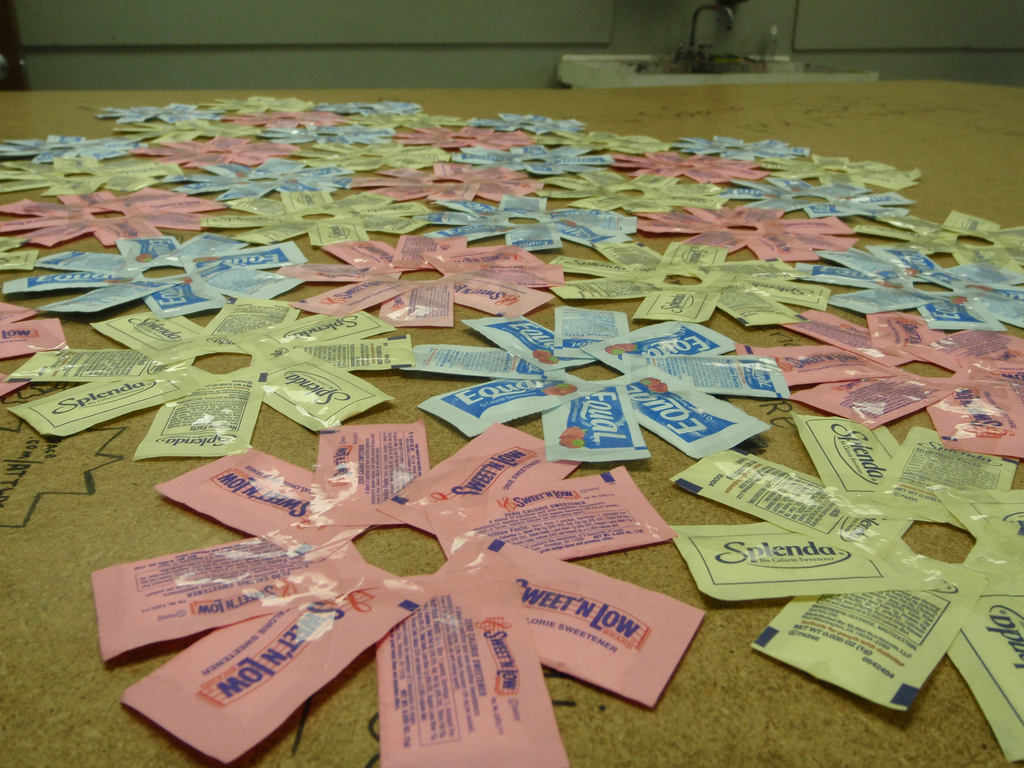
Soda and other sweetened beverages have been pinpointed as some of the primary culprits in the obesity epidemic along with an increase of aggressive behavior in children. Research shows diet sodas double your risk of obesity and aspartame worsens insulin sensitivity to a greater degree than sugar. This makes a hidden threat to those trying to manage diabetes. Trends in Endocrinology and Metabolism reported that diet soda drinkers actually suffer the exact health problems as those who opt for regular soda, including weight gain, type 2 diabetes, cardiovascular disease and stroke. Your brain is not fooled by the sweet taste of artificial sweeteners without accompanying calories. When you eat something sweet, your brain releases dopamine, which gives your body a jolt of pleasure. This causes the brain’s reward center to be activated and the appetite-regulating hormone, leptin, is also released. This eventually informs your brain that you are “full” once a certain amount of calories have been ingested. When you consume something sweet but non-caloric like artificial sweeteners, your brain’s pleasure pathway is still activated by the sweet taste, but there is nothing to deactivate it because your body is still waiting for the calories. This will then cause you to overeat.
Of all artificial sweeteners on the market, aspartame is one of the most problematic. Apartame goes by the names NutraSweet and Equal and is one of the first generation of artificial sweeteners. It is 180 times as sweet as sugar. At the end of 2008, aspartame was found in over 600 products including carbonated soft drinks, puddings and fillings, sugar free cough drops, chewable vitamins, chewing gum, powdered soft drinks, frozen desserts and dessert mixes, table top sweeteners and yogurt. Some harmful effects of aspartame include headaches, mood changes, nausea and vomiting, joint pain, memory loss, change in vision, convulsions and seizures, dizziness, rash, abdominal cramps and/or pain, sleeping problems or insomnia, change in heart rate, hives, diarrhea, and fatigue and weakness.
Your best and most cost effective choice of beverage is filtered tap water. We recommend using a high-quality water filtration system unless you can verify the purity of your water. To be absolutely certain you are getting the purest water you can, you’ll want to filter the water both at the point of entry and at the point of use. This means filtering all the water that comes into the house, and then filtering again at the kitchen sink. Options for this include a whole house carbon-based water filtration system and reverse osmosis (RO).
<< Back to Blog
